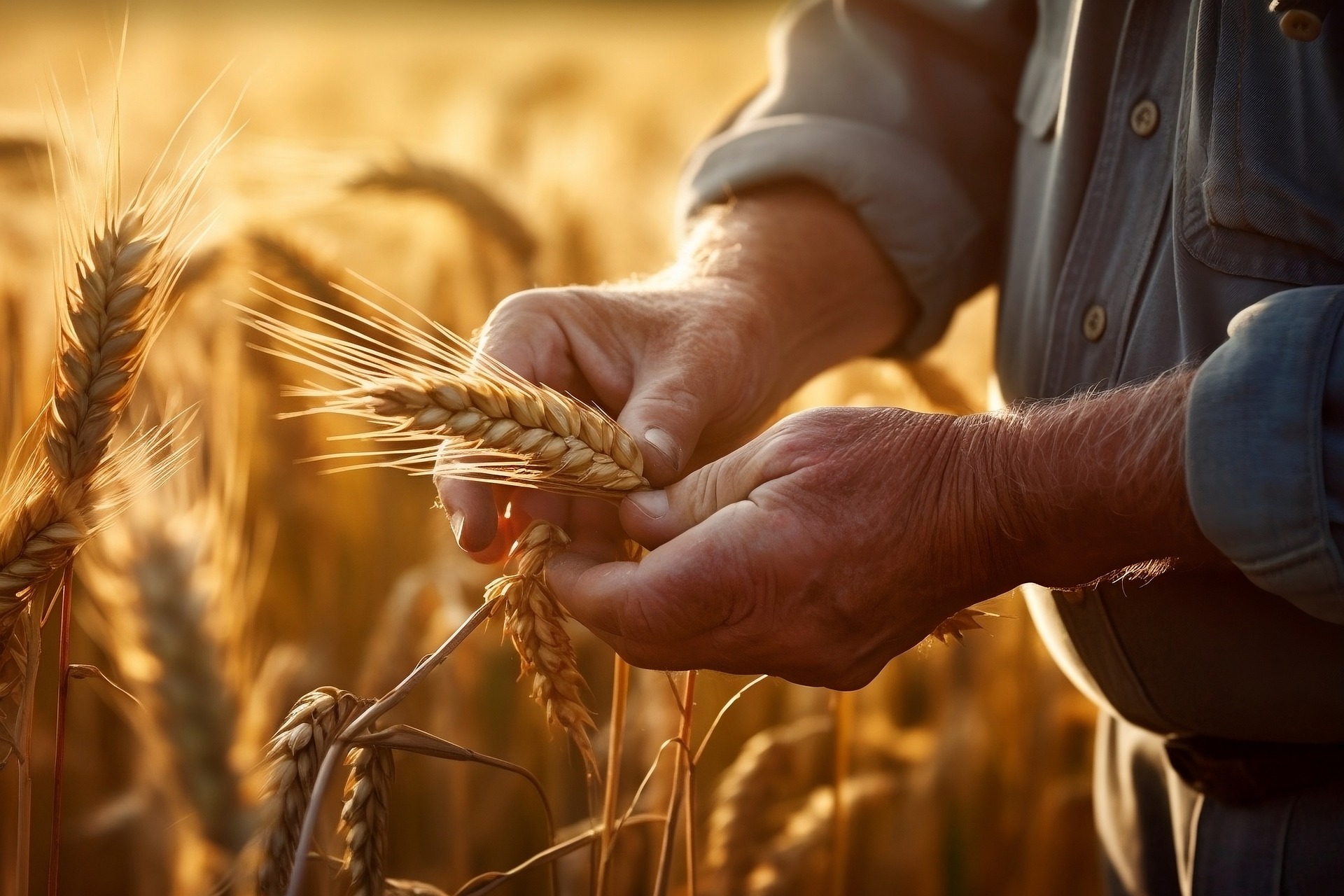
WESTERN Australian farmers are starting the year with an increasingly optimistic outlook, with the state’s rural confidence levels bouncing back in the first quarter of 2024.
The latest Rabobank rural confidence survey, released last week, found after languishing at low levels for the past 18 months, farmer sentiment had staged a significant rally in the latest quarter, as economic drivers stabilise.
However, while significantly improved, WA rural confidence levels are still in negative territory, with more farmers taking a negative than positive view on the year ahead.
And this puts WA at the lowest level of confidence for farmers nationally, and one of only two states – along with Tasmania – to still report a negative level of confidence.
The latest survey, completed last month, found that although net WA farmer confidence remains in negative territory, it has jumped from -59 per cent last quarter to now sit at -17 per cent.
While only 12 per cent of WA farmers expect the agricultural economy will improve in the next 12 months, this was up from seven per cent with that view in the previous survey.
And there were significantly fewer farmers expecting conditions would worsen – 30 per cent (down from 66 per cent last survey).
Dairy and beef producers were found to be the most optimistic of the state’s farmers, while sheep producers and grain growers had a less bullish outlook.
Commodity prices were a key cause for optimism for those WA farmers with a positive view on the year ahead.
But, conversely, they were also a concern for those farmers expecting the agricultural economy to worsen in the coming 12 months.
The intertwined factors of threats to live export and government interventions/policies vied for second place for why WA farmers expect economic conditions to worsen.
Rabobank regional manager for WA, Steve Kelly said the overall improved sentiment in WA’s farming sector could be attributed to one key factor – stability.
“In the second half of 2023, there were a lot of factors at play which impacted confidence levels,” he said.
“WA farmers had a very dry growing season, grain yields took a hit, interest rates were increasing, beef and sheep prices were still falling and grain prices started to slide from August onwards.”
Now, many of these factors have either stabilised or slightly improved, Mr Kelly said.
“There has been widespread rain since late February which has topped up sub-soil moisture levels ahead of autumn sowing. And significant rain events on the east coast stopped the slide in livestock prices,” he said.
Drought was found to be less of a concern for WA farmers in the latest survey.
The state’s grains sector had been hardest hit by dry weather, Mr Kelly said, and persistent dryness across WA meant yields in the 2023 harvest were well below recent averages for most growers.